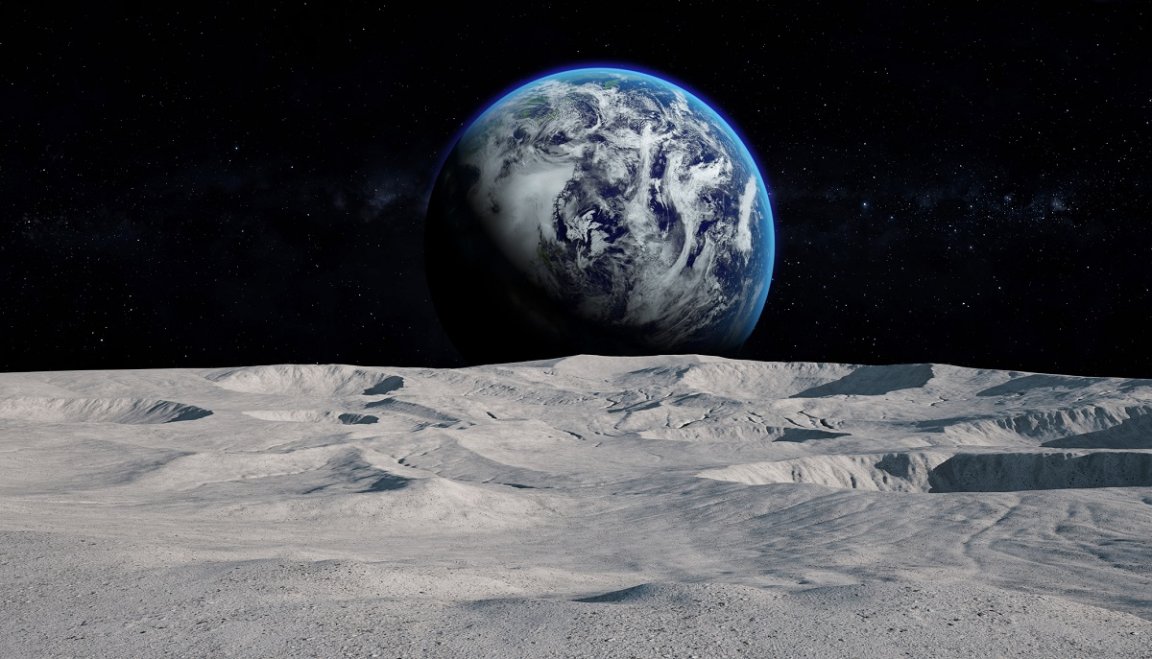
Moonar
India is making space history in big ways.
As the BBC reports, the landing of the Chandrayaan-3 mission’s Pragyan rover marks multiple milestones for India as it joins the elite league of countries to land a spacecraft on the Moon — and becomes the first to explore an otherwise untouched part of the lunar surface in the process.
In a striking display of off-world traffic drama, Russia dramatically tried and failed to reach the Moon’s unexplored southern pole, where Chandrayaan-3 has now successfully landed, in its first attempt to land on the Moon in nearly 50 years. Tantalizingly, the region may well contain water ice and other interesting phenomena that India could be first to observe.
Soft Boys
The success of the Chandrayaan-3 landing also sees India advancing from its own failed attempt to reach the Moon back in 2019, when the lander it launched during the Chandrayaan-2 mission crashed on the lunar surface.
Additionally, the country launched its first lunar mission (named, you guessed it, Chandrayaan-1) back in 2008, though as the Washington Post notes, that mission — which was important to the discovery of lunar water molecules — involved an “impact probe” rather than a soft landing.
In a press conference, S. Somanth, the chief of the Indian Space Research Organisation, said Chandrayaan-3’s soft landing had gone exactly as planned.
“Both the Lander and Rover are perfectly healthy and everything is working very well,” Somanth told the press, per the Hindustan Times. “There will be further movements.”
Here on Earth, the success of the Chandrayaan-3 landing broke another record as well, as an estimated seven to nine million people watched it live, making it the most-watched livestream in YouTube history.
Whichever way you cut it, India clearly has a lot to be proud of with this successful lander launch — and given the region the Pragayan rover is exploring, it may well have more to celebrate soon.
More on lunar launches: Russia Sends Back Photos From Trip to Moon